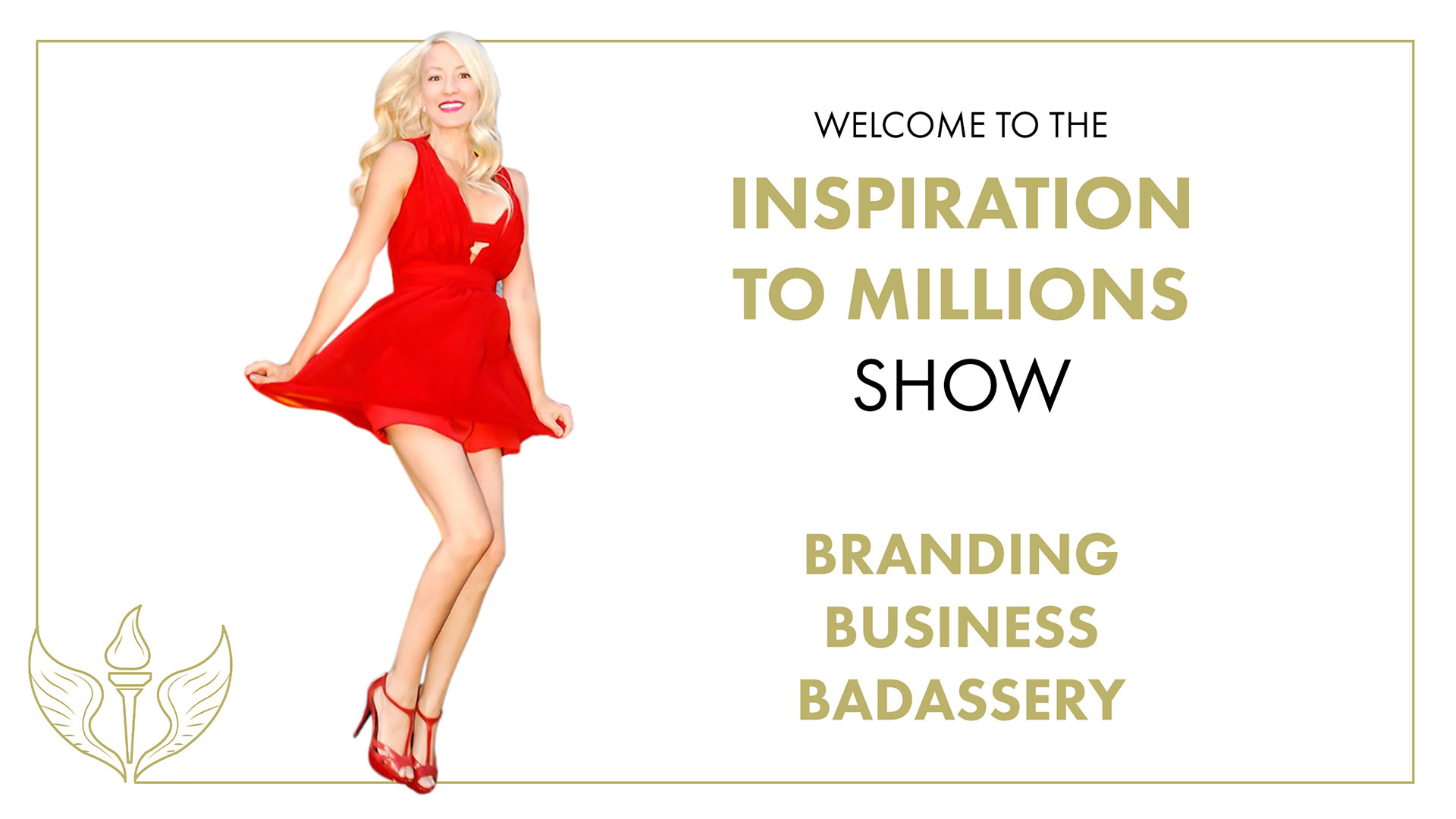Can Your Brand Benefit from Blind Testing and Focus Groups?
Isn’t it fascinating that as a society we have decided that a person who is tasting something without any branding attached to it, completely blind, forms an accurate opinion? Then we go on to trust the opinion — and it’s a subjective option too as all opinions are. Some experts in market research will tell you it’s absolutely necessary to get consumer feedback before going to market. Some will try to convince you that the formation of focus groups and blind tests are vital pre-launch requirements. So as entrepreneurs this is an expensive endeavor, and you know I’m all about building lean and clean. Focusing on what is returning great ROI and letting go of things that bloat your budget and can send you down the wrong road. Let me explain (INSERT LINK) why expensive market research could well be unnecessary and superfluous in many cases. This might be the exact breakthrough you’ve been looking for to build your brand without burning out.
Let’s look at some famous case studies about market research.
Very few people would remember the brief appearance and rather speedy disappearance of ‘New Coke’ back in the day. This was the result of Coca-Cola trying their best to recover the market share they had been losing to Johnny-come-lately Pepsi. In 1972, only 4% of people claimed to be Pepsi drinkers, but by the 80s, that number had risen to 11%. In that same time, Coke fell from 18% to 12% market share in the soft drink space. Coke felt they had to do something about this. They created a lighter, sweeter Coke and conducted some blind tests. The tests concluded that people liked this new product. However, when they launched the product, people simply hated it. So much so that Coke brought back the original Coke and gradually had to phase out New Coke.
How did they get it so wrong? How did the blind tests turn out to be so misleading? The fact is that the research setting is a set of artificially created circumstances that don’t always yield accurate results. In the case of Coke and Pepsi, the blind test consisted of test subjects taking a sip of the drink offered. However, no one ever has just a sip of soda. They have a can or a glass or a cup of it. The experience of taking a sip of a beverage is very different vis-à-vis quenching your thirst with a larger helping of the drink. The feeling of a cold can of cola in your hand, the sound of the cap pop, the bubbles fizzing, all of that is part of the drinking experience. The mistake they made was not giving test subjects time to get familiar with and truly experience what they were drinking.
A similar case study is that of the iconic Aeron chair created by Herman Miller. We have those chairs at our agency, and we love them! Sorry, but it’s not exactly a gorgeous chair, so how does it become so iconic? Now that is another fascinating story about how focus groups can get it so very wrong. I did a deeper dive into this case study in this episode of Inspiration to Millions. https://youtu.be/z-rQu9Iadw0 Click the link and learn from the best.
Familiarity could actually be a good thing in branding.
I wanted to get myself one of those standing desks with a treadmill, and the store gave me a try-and-buy option. These desks can be quite expensive, so how can stores afford to take the chance that the product will be returned? Well, it’s about familiarity; about giving the customer time to really appreciate and start loving the product. Given enough time, the buyer comes to appreciate and love their purchase so there is actually a very little risk for the manufacturer or dealer. Some people call this the puppy dog “close.” Take the puppy home for a week and see how the puppy fits in with the family if your kids feel good about it. You know, try it out for a week and if you don’t love the puppy you can exile them from your family and put them into a shelter cage where they might spend the next year trying to find a family who will love them. LOL. Actually, the brilliance about that “cookie close” is if your product is akin to a puppy, and by that I mean irresistible, it sells itself. You never have to use that implied guilt of “you can always return the puppy.” Once the family welcomes the puppy, 9 times out of 10 you just got yourself a new puppy. While market research programs are carefully and scientifically designed, they can only achieve an approximation of the customer’s authentic reaction to a product. There are too many variables that cannot be predicted accurately in the research setting. So, is market research futile? Well, the answer is Yes and No, but all too often it is unnecessary. And what can you do instead of this? Watch this episode https://youtu.be/z-rQu9Iadw0 to know more. I speak here in detail about market research case studies, and also share tips to accurately gauge the reaction of your customers to your product and brand. The right approach can take your product from being unknown-in-the-market to the very product everyone is saying, “You’ve got to try this out. Just try it once, if you don’t like it you can return it, but you’ll love it. I love it.”

